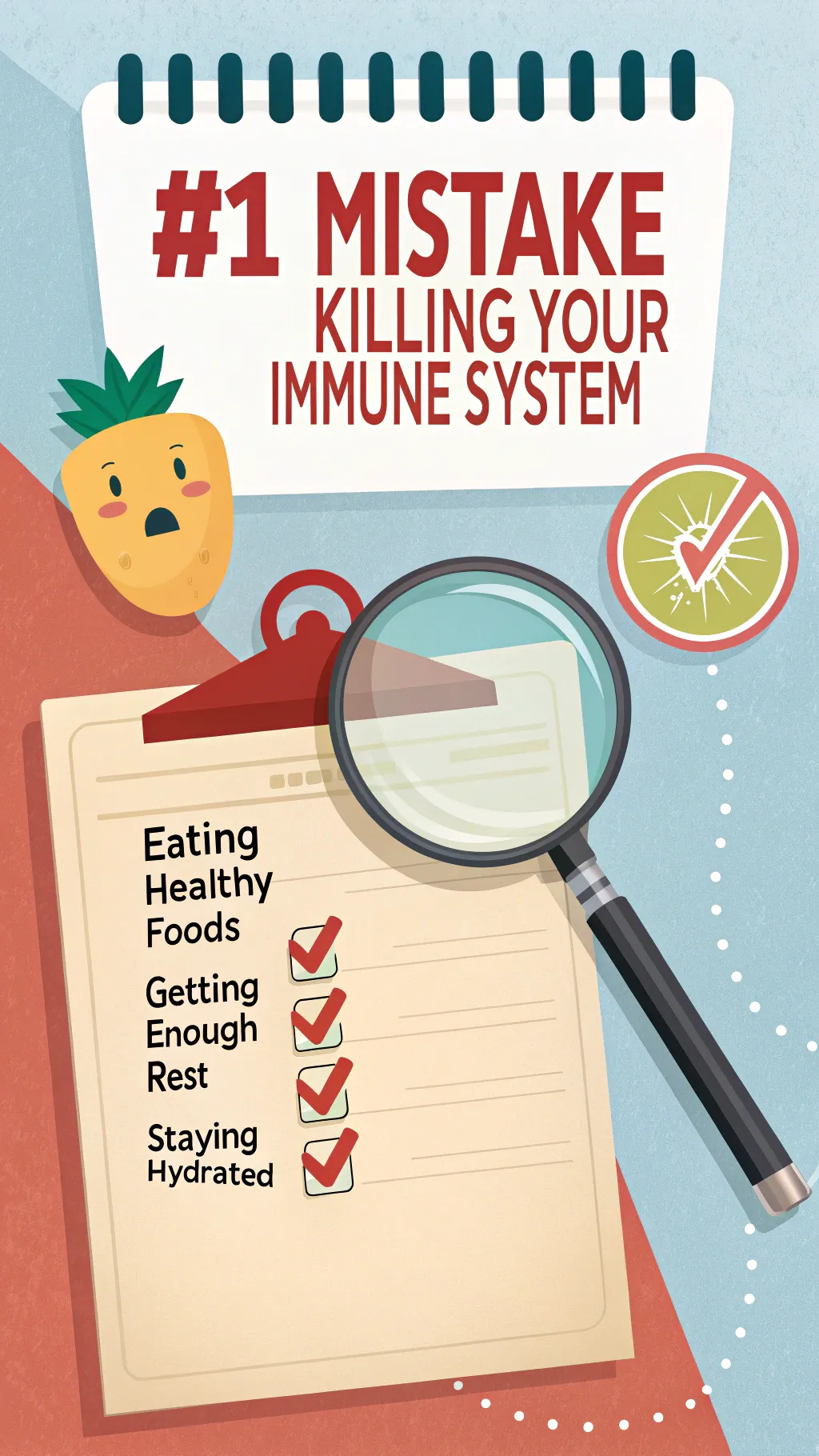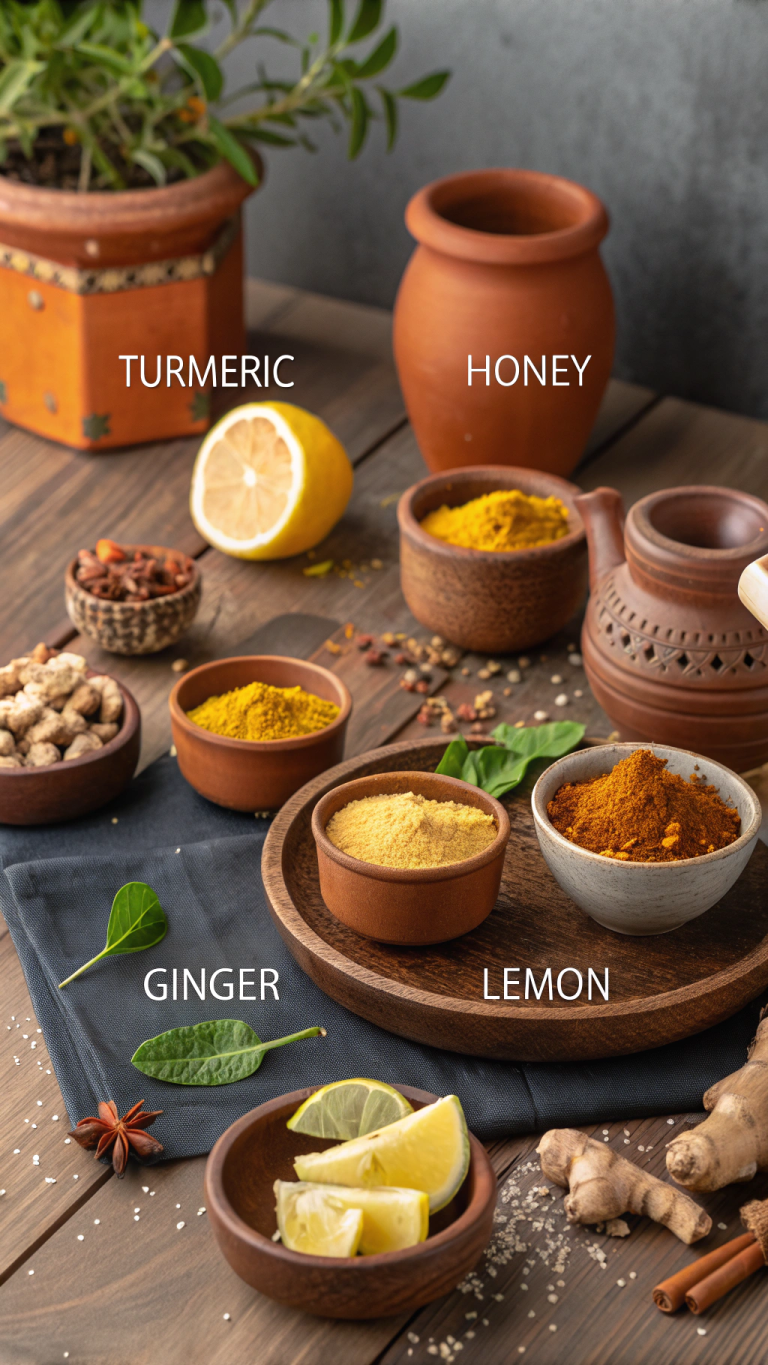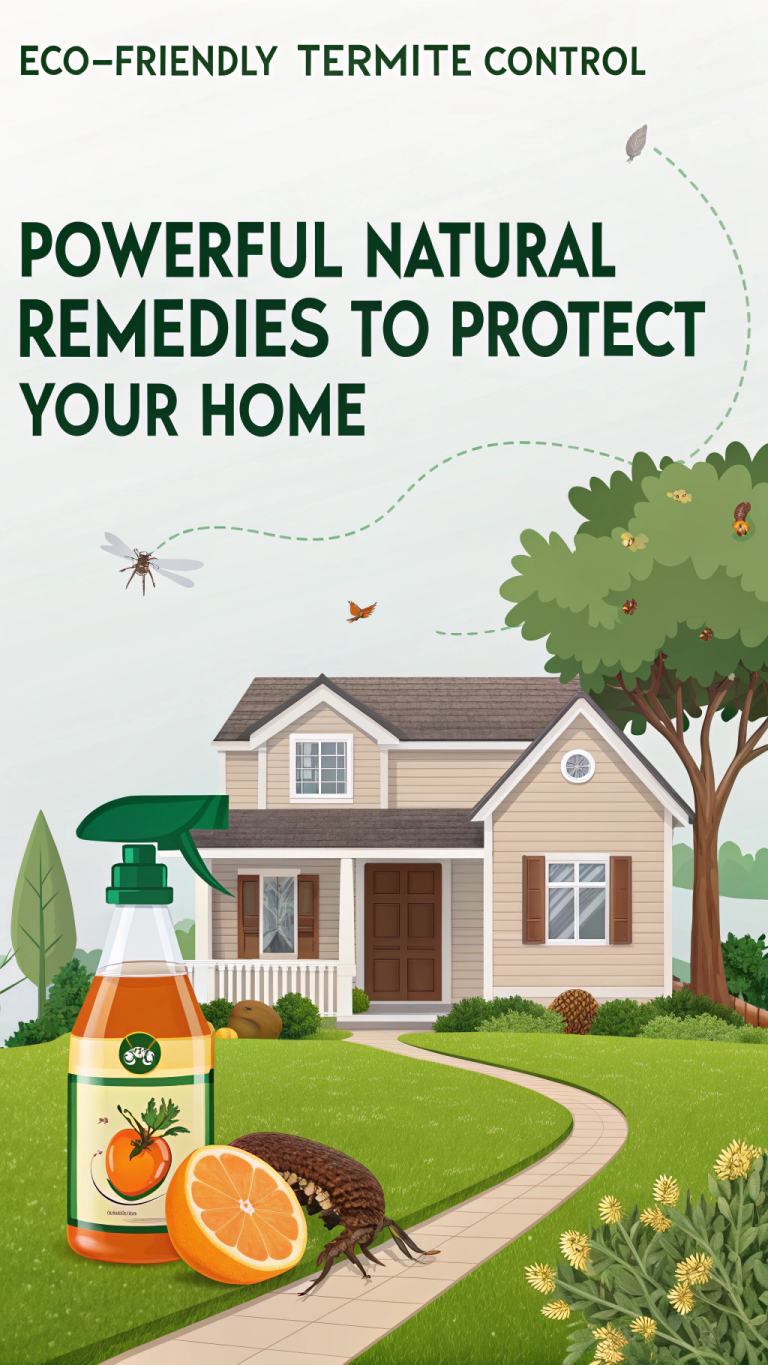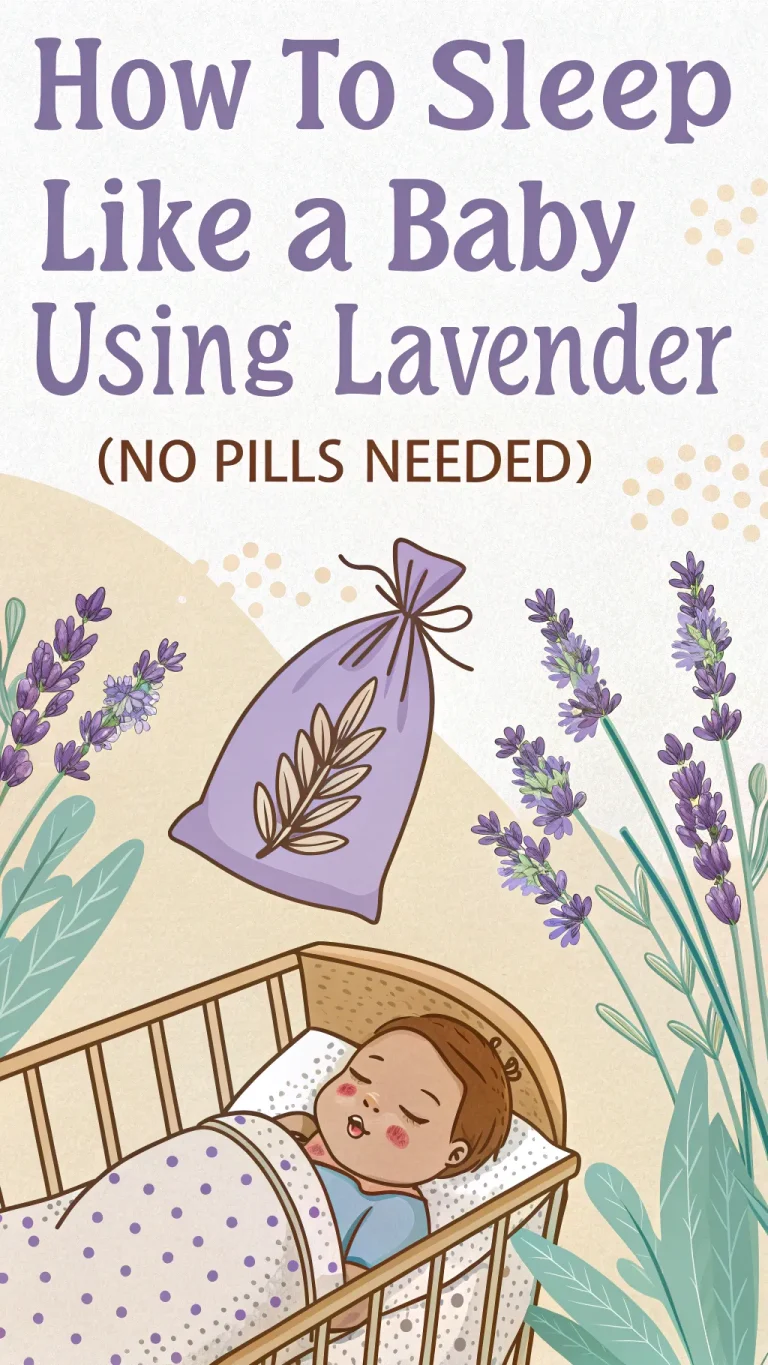The #1 Mistake Killing Your Immune System (And How to Fix It)
Introduction: Why Your Immune System Matters More Than Ever
Did you know chronic stress can slash your immune response by up to 50%? That’s right—your body’s natural defense system, the one fighting off colds, flu, and even more serious threats, takes a massive hit when stress runs the show. Your immune system is like a superhero team, with white blood cells and lymph nodes working overtime to keep germs at bay. But one common mistake is quietly sabotaging it: chronic stress. Whether it’s work deadlines, quarantine cabin fever, or endless scrolling on social media, stress is the silent killer of your immunity. In this post, we’ll dive into why stress is the #1 mistake weakening your immune system, how it wreaks havoc, and—most importantly—how to fix it with simple, actionable steps. Ready to take control and boost your immune system naturally? Let’s get started!
What Is the Immune System and How Does It Work?
Your immune system is your body’s personal bodyguard, a complex network of cells, tissues, and organs that team up to protect you from infections, viruses, and even cancer cells. Think of white blood cells as the frontline soldiers, zapping invaders like bacteria or viruses that don’t belong in your body. Lymph nodes, bone marrow, and your spleen are like command centers, coordinating the attack.
But what happens when it’s not working right? A weak immune system leaves you vulnerable to frequent colds or slow-healing wounds, while an overactive one can trigger autoimmune diseases, attacking your own tissues. The data shows quarantine life—think sedentary habits or poor diet—can make things worse, as highlighted in posts like “8 Mistakes That Can Affect Your Immune System in Quarantine.”
Key Parts of Your Immune System
- White Blood Cells: These include T-cells and B-cells, which fight germs and remember past invaders for faster responses.
- Lymph Nodes: Small filters that trap harmful substances.
- Bone Marrow: The factory producing your immune cells.
Signs Your Immune System Is Weak
- Constant fatigue or frequent infections.
- Slow-healing cuts or bruises.
- Feeling “off” more than usual.
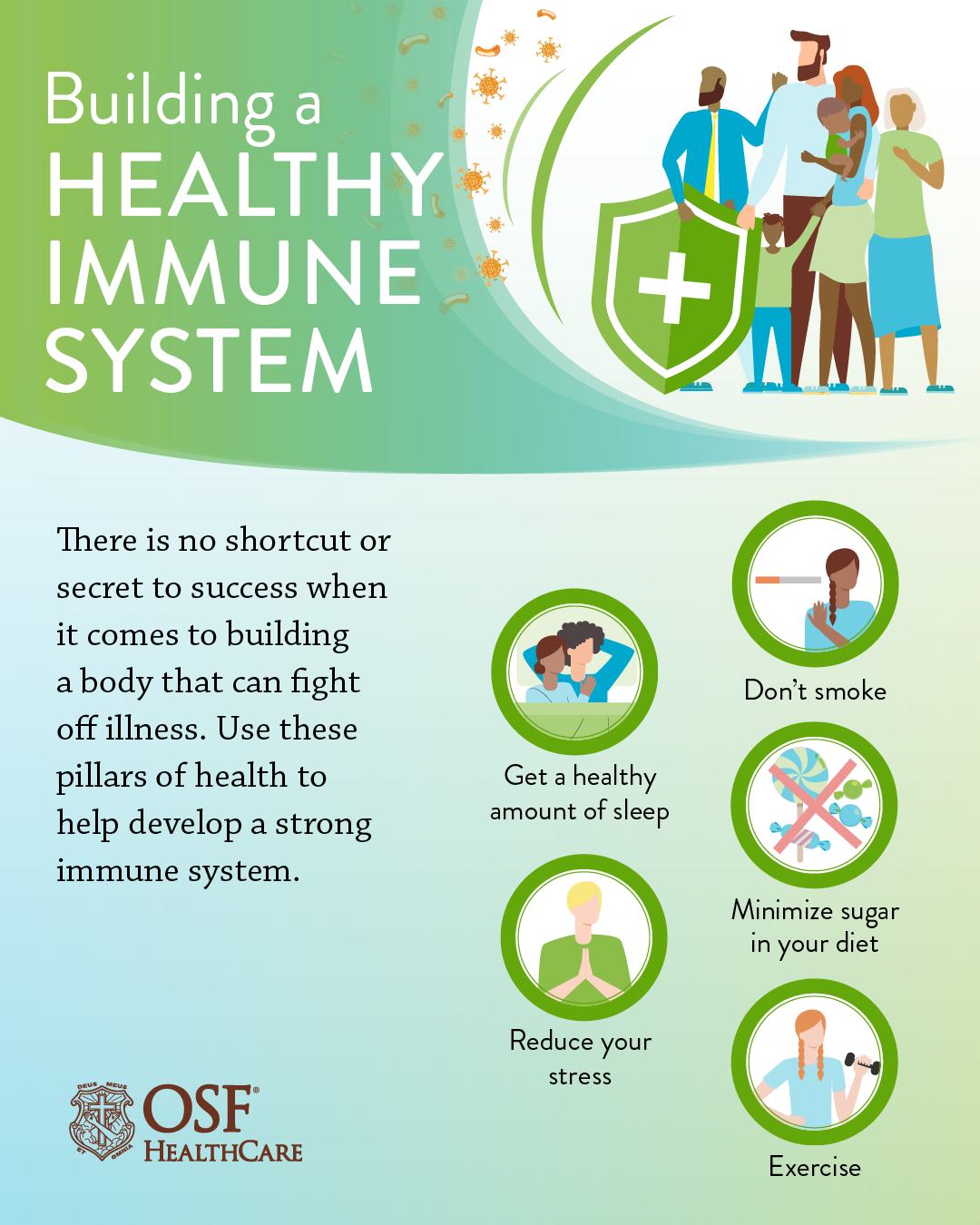
The #1 Mistake: Chronic Stress and Its Deadly Impact on Immunity
Chronic stress is the top culprit killing your immune system, and the data backs it up. Sources like “Inability to Manage Stress Level” and “Stress” from health blogs repeatedly point to stress as a major immunity wrecker. Why? Stress pumps out cortisol, a hormone that suppresses your immune cells, like T-cells, making it harder to fight infections. It’s like sending your superhero team on a forced vacation during a villain invasion. Worse, chronic stress can spark a “cytokine storm,” where your immune system overreacts, causing inflammation that can harm your body.
In today’s world, stressors are everywhere: work-from-home burnout, financial worries, or even the endless news cycle. Quarantine has only amplified this, with phrases like “adversely affect immune cells” popping up in health guides. If you’re feeling overwhelmed, your immune system is likely taking a hit too.
How Stress Kills Your Immune Response
- Suppresses Immune Cells: Cortisol reduces T-cell production, weakening your defenses.
- Increases Inflammation: Chronic stress triggers inflammation, linked to autoimmune issues.
- Disrupts Sleep and Diet: Stress often leads to poor sleep or junk food binges, doubling the damage.
Common Stressors in Daily Life
- Work pressure or job uncertainty.
- Social isolation during quarantine.
- Lack of physical activity (hello, couch potato life!).

How to Fix It: Proven Ways to Manage Stress and Boost Immunity
Good news: You can fix this! Managing stress isn’t just about feeling better—it’s about supercharging your immune system naturally. Drawing from sources like “healthy ways to strengthen your immune system,” here are actionable, Pinterest-worthy steps to tame stress and boost your immunity.
Daily Stress-Reduction Techniques
- Meditation (5-10 Minutes): Sit quietly, focus on your breath, and let worries slip away. Apps like Headspace make it easy.
- Deep Breathing: Try the 4-7-8 method—inhale for 4, hold for 7, exhale for 8. It calms your nervous system fast.
- Journaling: Write down three things you’re grateful for daily to shift your mindset.
Lifestyle Changes for Long-Term Immunity
- Exercise: Even a 20-minute walk boosts endorphins and immune cells. Sources like “breathe properly during exercise” highlight its role in immunity.
- Sleep: Aim for 7-9 hours nightly. A consistent bedtime routine (no screens!) helps. Lack of sleep, as noted in “not sleeping enough,” tanks immunity.
- Connect: Call a friend or join a virtual community to combat isolation.
Nutrition and Supplements to Combat Stress
- Eat Whole Foods: Skip processed foods (a big no-no from “processed and junk foods”). Load up on fruits, veggies, and omega-3s (think salmon or walnuts).
- Vitamin C and D: These support immunity, as seen in discussions around “what is vitamin B12” for nutrient deficiencies.
- Herbs Like Ashwagandha: Known for stress relief, but check with a doctor first.
5 Quick Stress Busters You Can Do at Home:
- Try a 5-minute yoga flow.
- Sip chamomile tea.
- Listen to calming music.
- Take a warm bath with lavender oil.
- Do a quick stretch session.
Other Common Mistakes Weakening Your Immune System (And Quick Fixes)
Stress isn’t the only culprit. Here are four more mistakes from the data, with fixes to keep your immune system strong.
| Mistake | Impact | Quick Fix |
|---|---|---|
| Poor Diet & Processed Foods | High sugar and fats weaken immune cells (from “processed and junk foods”). | Swap chips for veggies; try a smoothie with berries and spinach. |
| Not Enough Sleep | Disrupts immune cell production (from “not sleeping enough”). | Set a bedtime routine; aim for 7-9 hours. |
| Sedentary Lifestyle | Reduces circulation, harming immunity (from “sedentary lifestyle”). | Walk 20 minutes daily or try a fun dance workout. |
| Smoking & Alcohol | Damages immune cells (from “smoking,” “alcohol”). | Cut back gradually; seek support groups for quitting. |
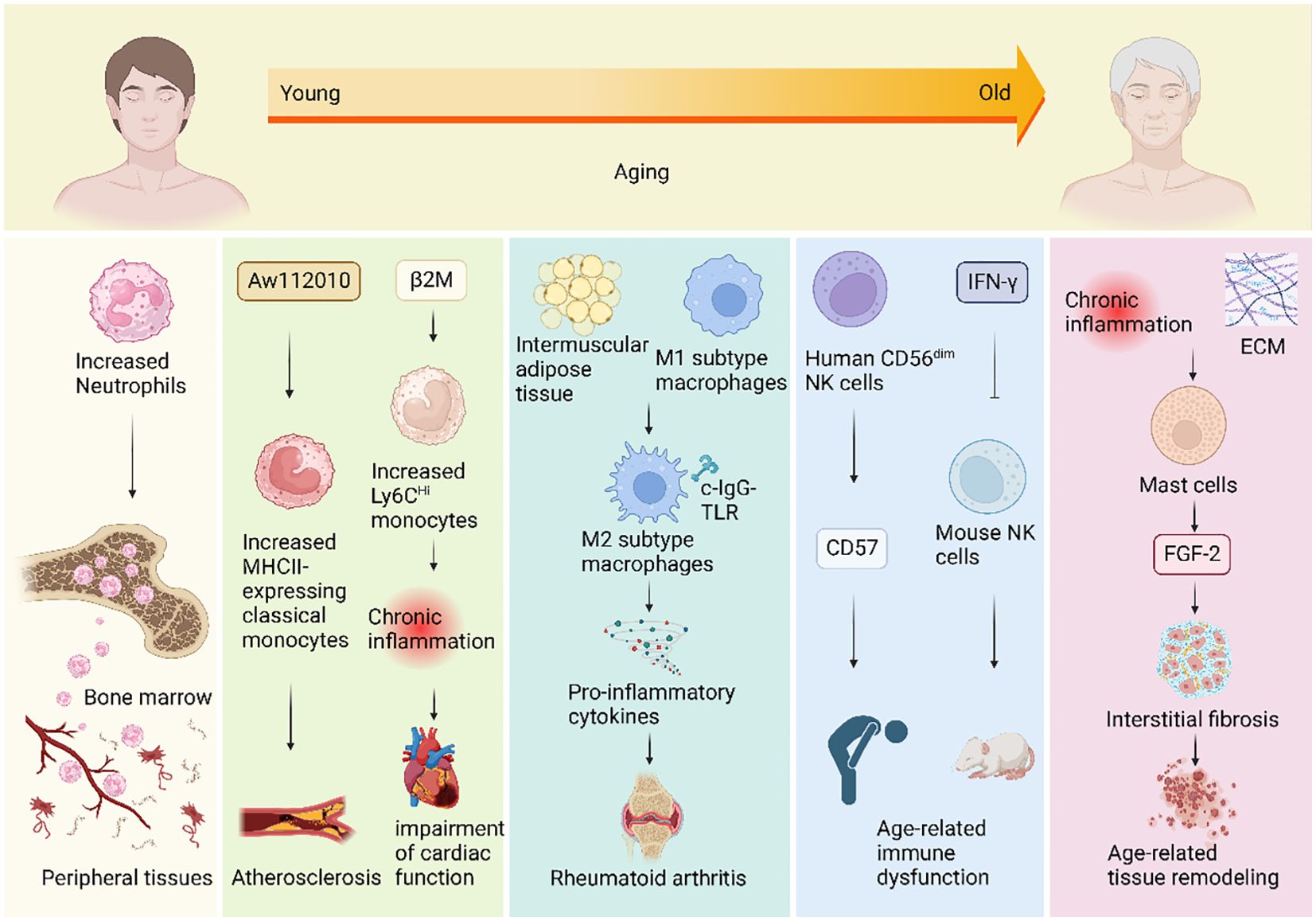
Conditions and When to Seek Help: Don’t Ignore These Warning Signs
A weak immune system can lead to bigger issues, like autoimmune diseases or frequent infections, as noted in “disorders and diseases” and “signs and symptoms of immune system disorders.” Watch for:
- Autoimmune Red Flags: Joint pain, rashes, or unexplained fatigue (e.g., “autoimmune diseases”).
- Infections: Colds that linger or recur often.
If you’re struggling, see a doctor. Tests like blood counts (from “common tests that check the health of your immune system”) can assess your immunity. During flu season or post-COVID, boosting immunity is critical—sources mention flu and infections as key concerns.
Pin this reminder: “Feeling run-down? Save these signs to watch for!” SEO keywords: “signs of weak immune system,” “immune system disorders.”
Conclusion: Take Control of Your Immunity Today
Chronic stress is the #1 mistake killing your immune system, but you have the power to fix it. By tackling stress with simple habits like meditation, exercise, and better nutrition, you can transform your health and feel unstoppable. Start small—try one stress buster today, like a quick walk or a gratitude journal. Your immune system will thank you! Share your favorite tip in the comments, and pin this post to your wellness board for a daily reminder to prioritize your health. Let’s build a stronger, stress-free you together!
SEO-Friendly Keywords
- Immune system mistakes
- Boost immune system naturally
- Weaken your immune system
- Chronic stress immunity
- Healthy immune system tips
Jamie Carter
Jamie is deeply committed to holistic wellness, blending natural, home, and homeopathic remedies into her family’s daily life. She lives in a suburban home with a small herb garden where she grows plants like chamomile and lavender for remedies. Jamie spends her mornings teaching yoga and her afternoons researching or preparing remedies for her family’s health needs. She’s active in local wellness communities, often attending workshops on homeopathy and natural healing, and prefers gentle, non-invasive solutions over conventional medicine.
Goals and Motivations
Primary Goal: To support her family’s health using natural, home, and homeopathic remedies that are safe and effective.
Secondary Goal: To deepen her knowledge of homeopathic principles and share reliable remedies with her clients and community.
Motivations: Jamie is motivated by her belief in the body’s ability to heal itself with minimal intervention. She values remedies that are personalized, sustainable, and aligned with homeopathic philosophy, such as using highly diluted substances to stimulate healing.

